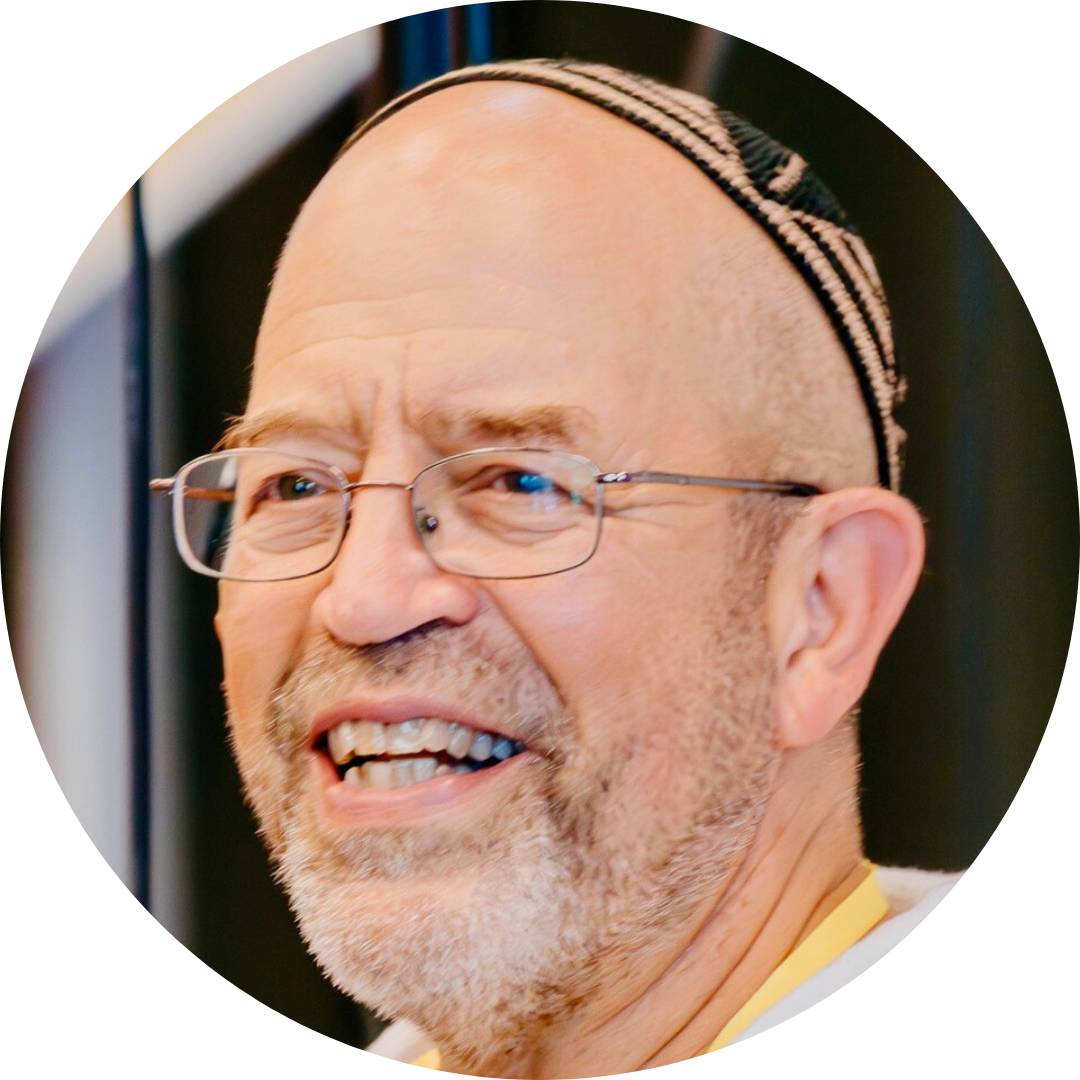Pato’ach tiftach et yadcha l’achicha, l’aniyecha u’le’evyoncha b’artzecha
כִּ֛י לֹא־יֶחְדַּ֥ל אֶבְי֖וֹן מִקֶּ֣רֶב הָאָ֑רֶץ עַל־כֵּ֞ן אָנֹכִ֤י מְצַוְּךָ֙ לֵאמֹ֔ר פָּ֠תֹחַ תִּפְתַּ֨ח אֶת־יָדְךָ֜ לְאָחִ֧יךָ לַעֲנִיֶּ֛ךָ וּלְאֶבְיֹנְךָ֖ בְּאַרְצֶֽךָ׃
You must open, open your hand to the poor and to the needy in your land. (Deuteronomy 15:11)
Sometimes the Torah reveals its deeper meanings to us through elaborate interpretation and subtle analysis. At other times, Torah speaks to us directly across the millennia, with little need for mediation. Our passage this week falls in this latter category – here is my lightly adapted translation:
“If there is a needy person among you…do not harden your heart and shut your hand against your needy fellow. Rather, open, yes, open your hand, and lend, yes, lend sufficiently to meet their need. Watch yourself, lest you harbor the base thought, “I will never see this loan repaid.” Give, give readily, and have no regrets when you do so. And as a result, YHVH will bless you in all of your efforts and all of your undertakings. For there will always be needy among you, and therefore I command you: open, open your hand to the poor and to the needy in your land. (Deut. 15:7-11)
Biblical Hebrew, when needing to be emphatic, repeats verbs twice. In this passage we hear: “open, open your hand”; “lend, lend sufficiently to meet their need”; “give, give readily”; and then, in typical Biblical poetic structure, “open, open your hand” repeated again to complete the passage. I love the incantatory flow of it: “open, open, lend, lend, give, give, open, open.”
I also appreciate the way that the Torah invokes Pharaoh when it says, “Do not harden your heart and shut your hand against your needy fellow.” Pharaoh of the hardened heart and the closed fist is the archetype of resistance to Life Unfolding. Pharaoh is the embodiment of everything we are trying not to become as we aim toward the Promised Land. In next week’s portion, Shoftim, Moses instructs the people that one day, when they have finally settled in the Promised Land, they will want to set a king over themselves. Moses warns them that this king must guard himself carefully not to become like Pharaoh. This future king “must not send his people back to Egypt just so that he can accumulate more horses” – that is, he cannot enslave his people for the sake of increasing his wealth – “for YHVH has warned you: ‘Do not go back that way again!’” (Deut. 17:16) On the map of our spiritual growth, the Land of Pharaoh is the land of hardened hearts and closed fists. We must not regress; we must not go back that way again.
The path towards a compassionate self and society requires material and spiritual generosity. The Torah promises a reward for this behavior: “YHVH will bless you in all of your efforts and all of your undertakings.” I understand this not as a literal tit-for-tat, but rather as the beautiful consequence of living with a malleable heart and with open hands: I then can become a vessel through which the energy of Life Unfolding can freely flow. As that energy flows through me, I am indeed truly blessed.
This coming week brings us the New Moon of Elul. It heralds the approach of Rosh Hashanah, one moon from now, and initiates the season of Teshuvah, of our return and recommitment to the path of truth, integrity, and love. Re’eh is timed perfectly to remind us that the first step towards our goal is to unclench our fists and to give of ourselves freely. Open, yes, open your hand.








